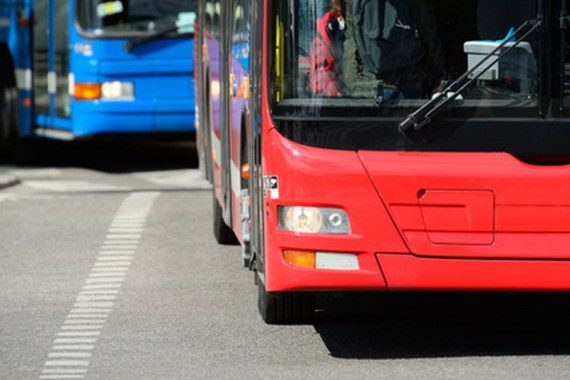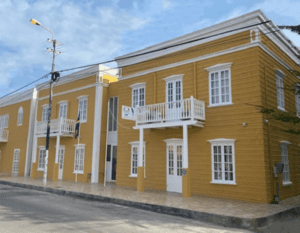Press release
SER advice on public bus transport
The Social-Economic Council (SER) provides this solicited advice at the request of the Government of Curaçao (GoC), which was received on the 6th of July 2018. The request concerns advice on already agreed upon and carried out tariffs for passengers of small- and medium-sized busses of semi-public transport. Twice a year the GoC adjusts the maximum public transport tariffs in response to fluctuating global energy prices, in particular of gasoil. The government intervention aims to protect both the interests of the passengers as well as the interests of the license-holders, who are private suppliers of the transport-service.
Changes in tariffs turn out not to be based exclusively on fluctuations of global energy prices. Other costs and factors influence the tariff system as well. Since long, the applied model for calculating tariffs has been a bone of contention between the GoC and the organization of entrepreneurs of private bus-operators/ license-holders. On the basis of an empirical study, carried out at the request of the GoC in 2015, the real average costs and the average number of passengers per route were computed. The results showed that the tariffs could be lowered considerably. The study also showed that passengers frequently have to pay more than the maximum tariff. Based on an analysis made by the SER, fares could be substantially lower in case tariffs are calculated on the basis of real costs. However, the maximum tariffs were reduced less than recommended in the aforementioned empirical study. This has a cumulative effect on future adjustments as the adjustment of tariffs follows percentagewise changes in costs. It seems that the organization of private bus-operators is exerting a strong influence on the level of tariffs, which questions the relevance of a model altogether.
The SER observes that the risks of entrepreneurship are minimalized by the current way tariffs are being determined, with high fares as a result, as well as by the lack of enforcement of the maximum tariffs and the lack of certain obligations for bus drivers such as timings and connecting busses.
Consequently, passengers are confronted with too high fares, while the overlarge majority of the passengers are from low-income households. The SER concludes that under the present circumstances consumers are not protected effectively against high fares. In this not effectively regulated market bus-operators have obtained ample room to control prices, to exploit a business-model by hiring so-called assistant bus-drivers and to provide relatively poor-quality services.
A recent survey carried out by the Consumer Foundation indicated that passengers not only consider bus-fares as too high, but that passengers also attach relatively low scores to services being offered by the private operators. Particularly accessibility, reliability, availability (route possibilities, timings and frequency) and customer-friendliness score relatively low.
In case of too high fares, intrinsic motivation to provide quality services may be reduced. The majority of the present users of these relatively poor services are dependent on public transport as they lack access to acceptable and effective alternatives.
The SER considers this situation in which the affordability, accessibility and reliability of public transport are at stake as undesirable, as it may cause negative socio-economic effects on access to education, the labor market, leisure, health facilities and social activities. This may further cause a negative effect on labor productivity and consequently on economic growth.
The SER considers a thorough review and revision of the public transport system not only desirable, but also necessary from a socio-economic point of view. The perspective of this review and revision should be the interests of the passengers in terms of affordability, reliability and accessibility. Therefore, the SER welcomes the recently taken initiative of the GoC to install a commission to develop a sustainable public bus-transport system to ensure accessibility, affordability, reliability and safety. Prior to the revision of the public transport system, the SER recommends developing a vision on a mobility ecosystem to address the issue of mobility in Curaçao in an integrated way. This includes a vision on a sustainable, innovative, efficient, affordable and a high quality public transport system which addresses the needs of the passengers (smart mobility).
Furthermore, the SER considers it necessary to carry out a survey on the socio-economic advantages of a sustainable public bus-transport system. The key issue should be the contribution of public transport to the accessibility, liveliness and socio-economic participation. Whether or not to set tariffs or subsidize public transport forms part of these policy issues.
Within this context, the SER recommends to carry out a social cost benefit analysis to measure the socio-economic return on intended investments, in order to ensure well-informed policy decisions for the design of a sustainable public transport system.



